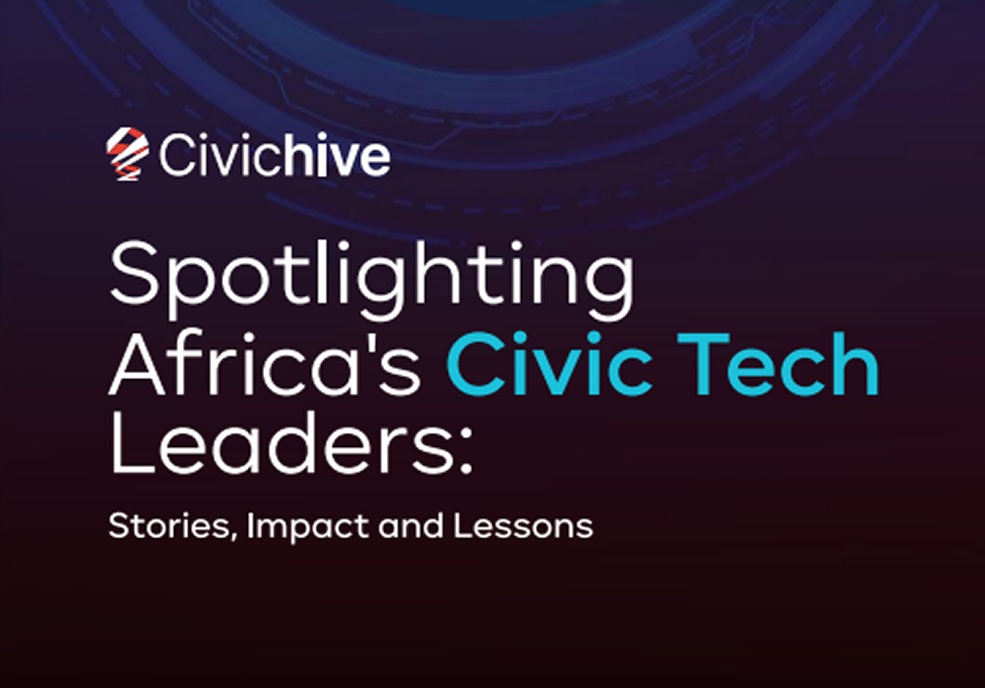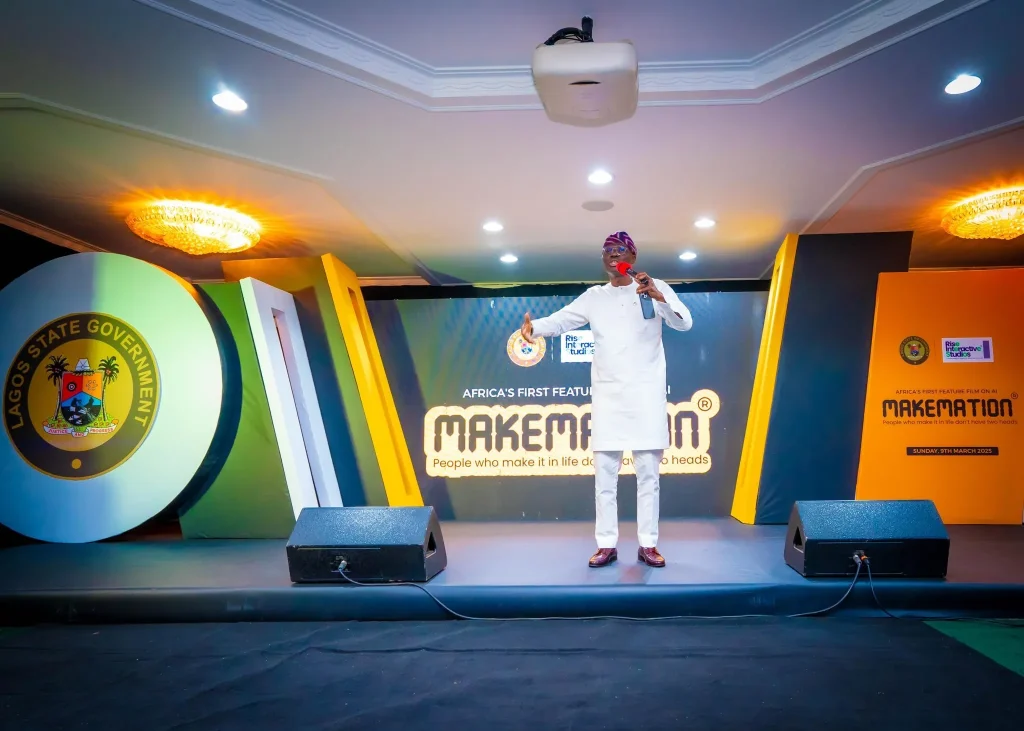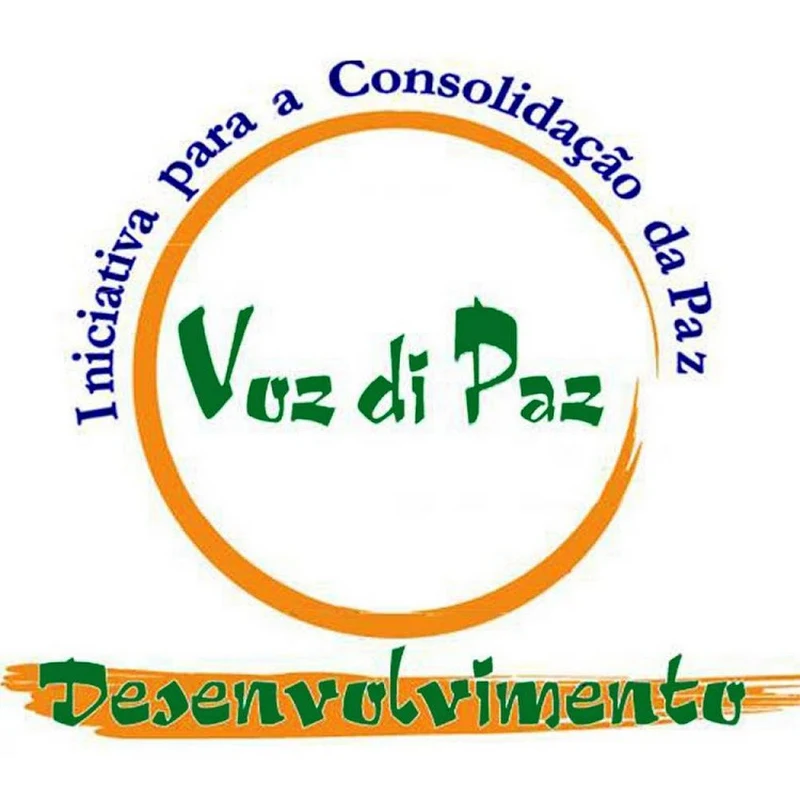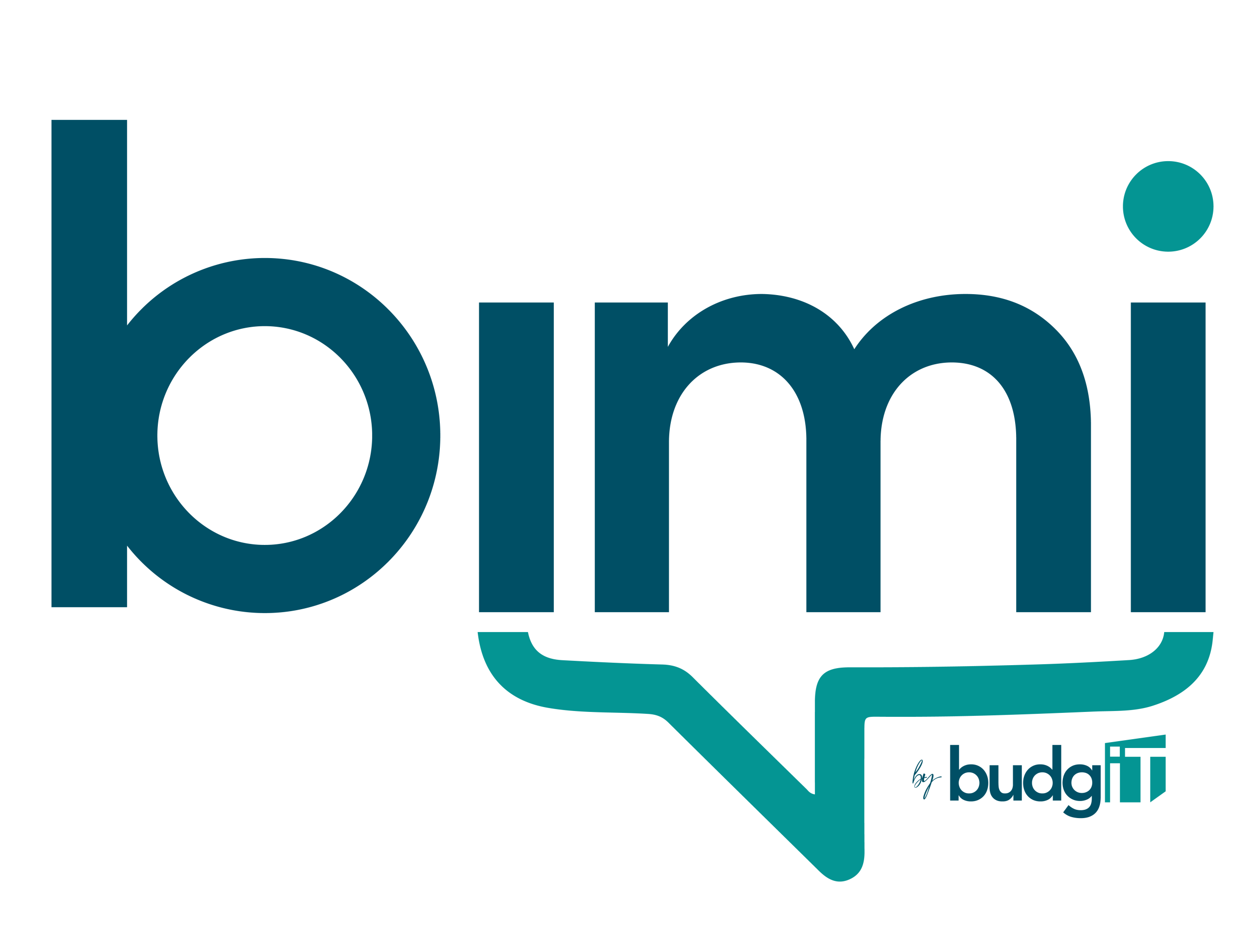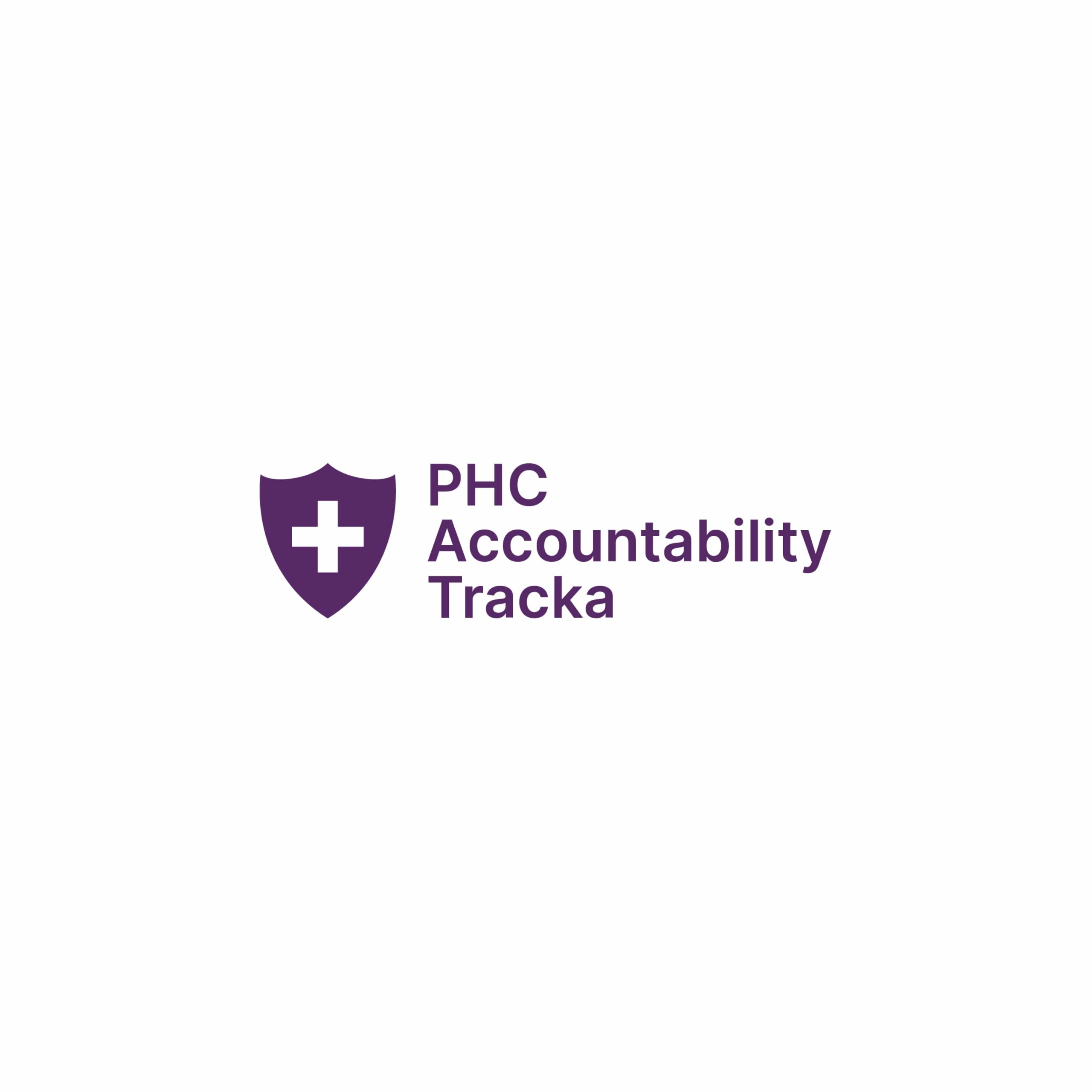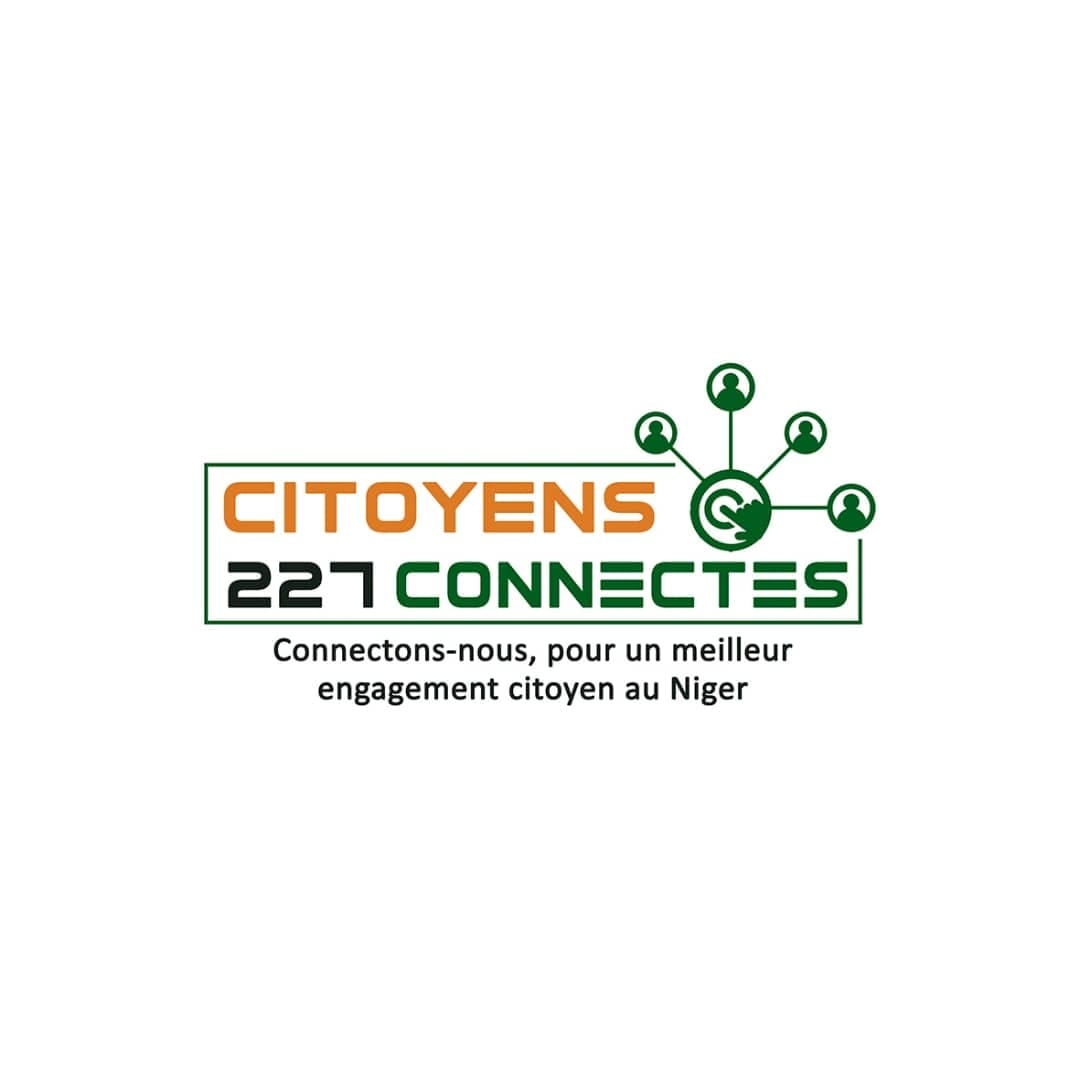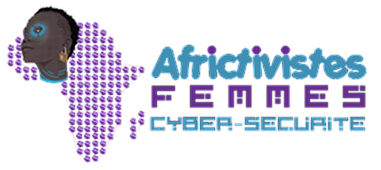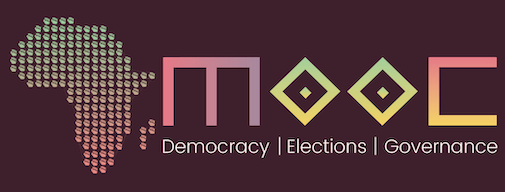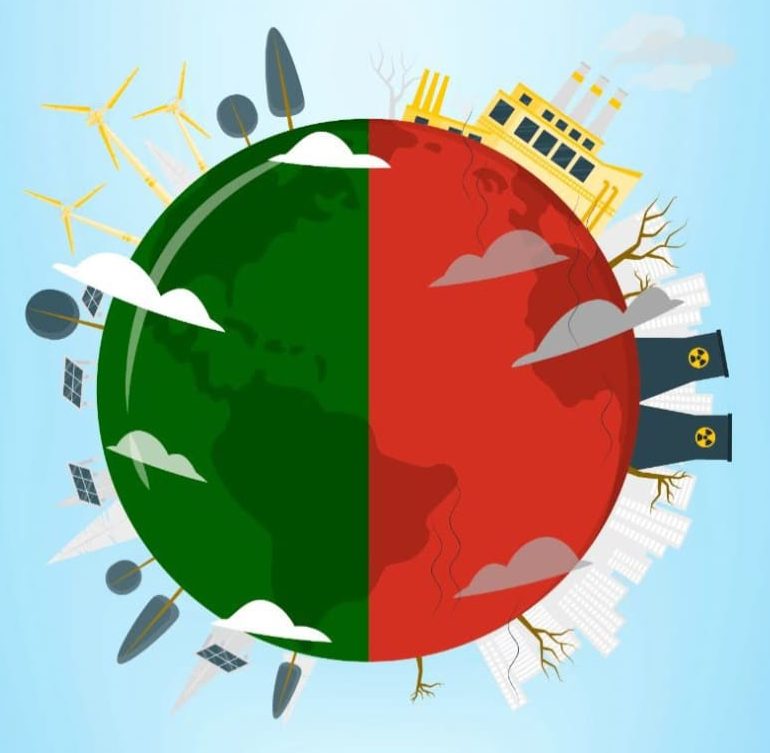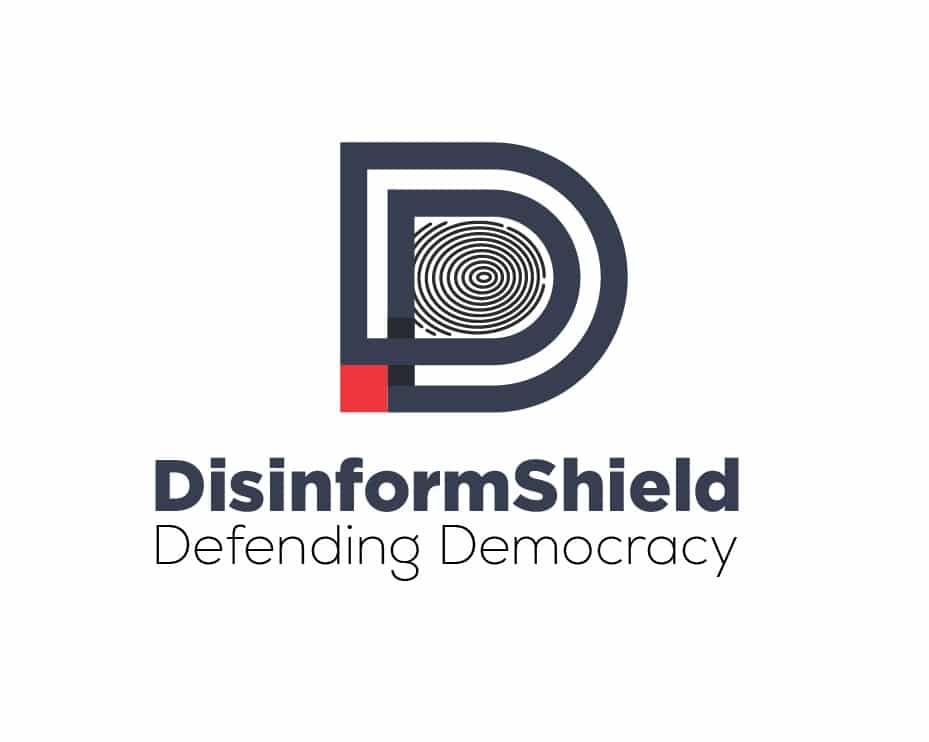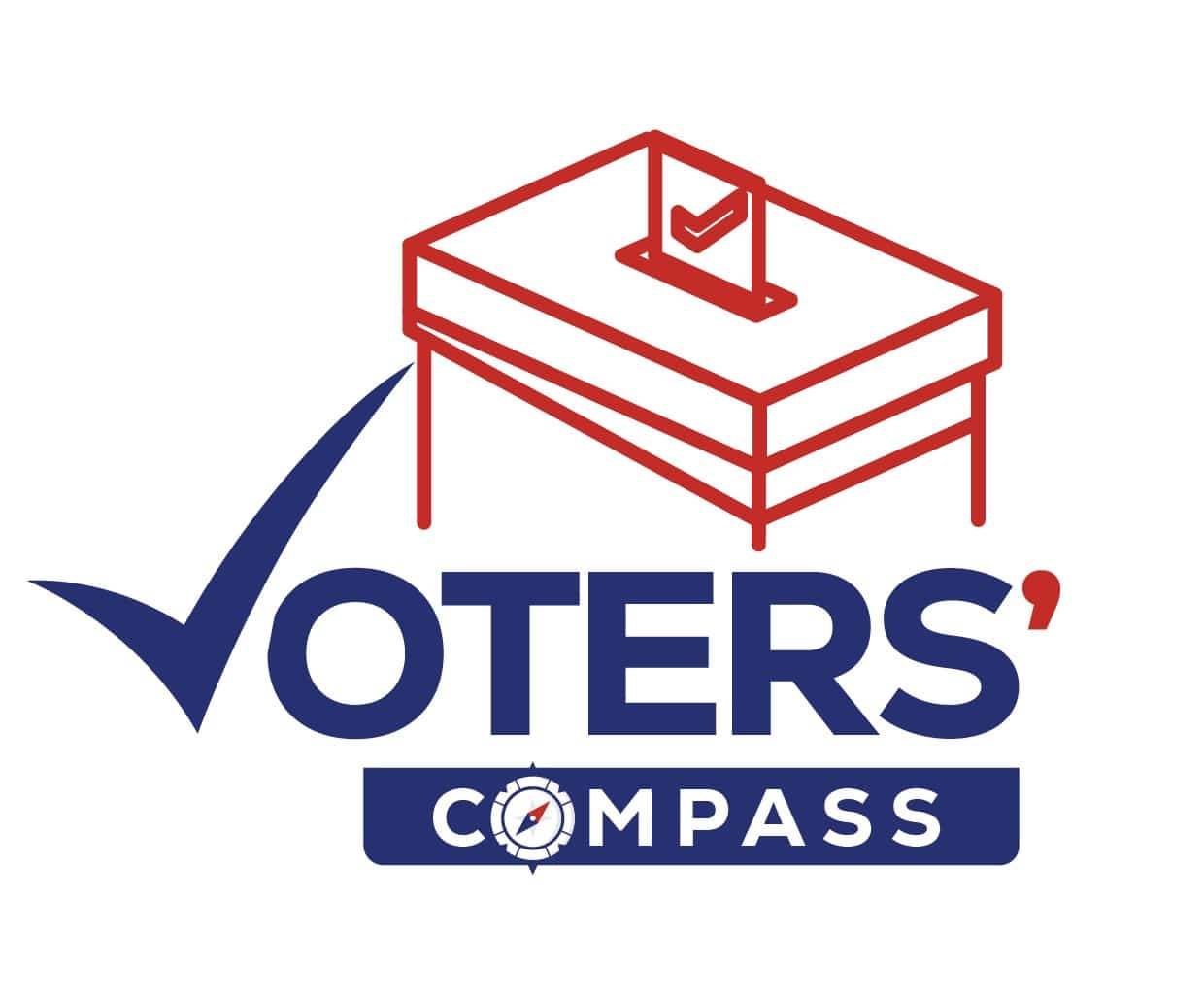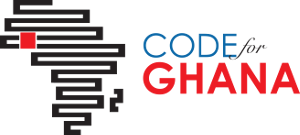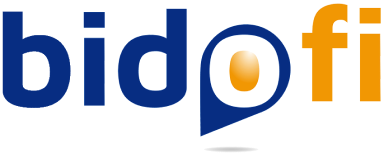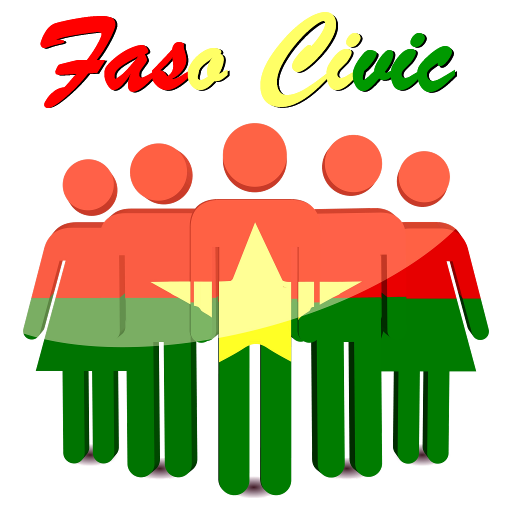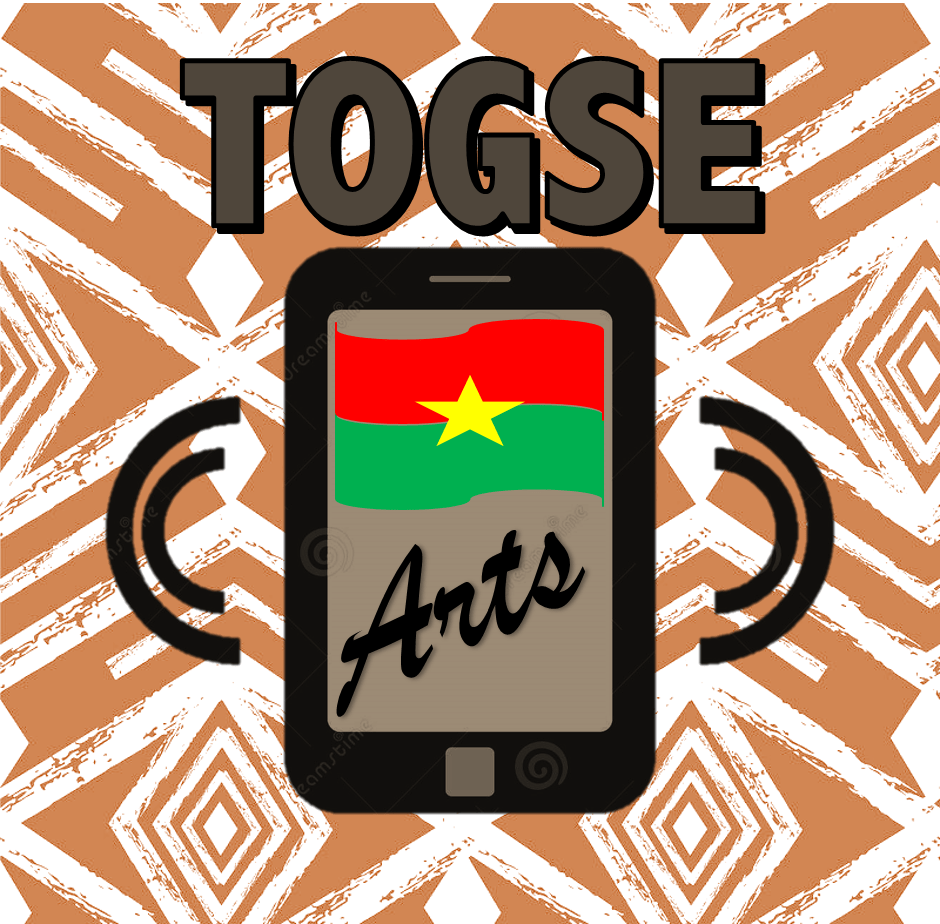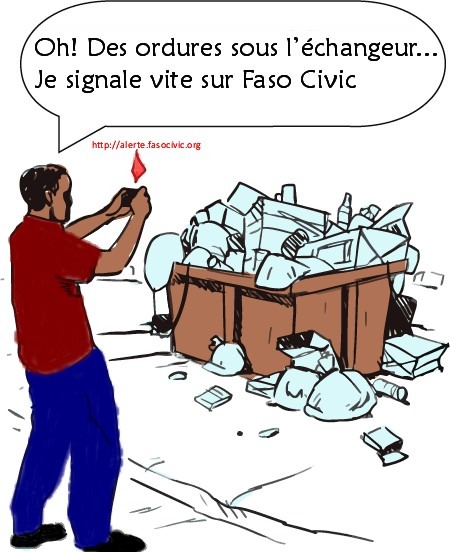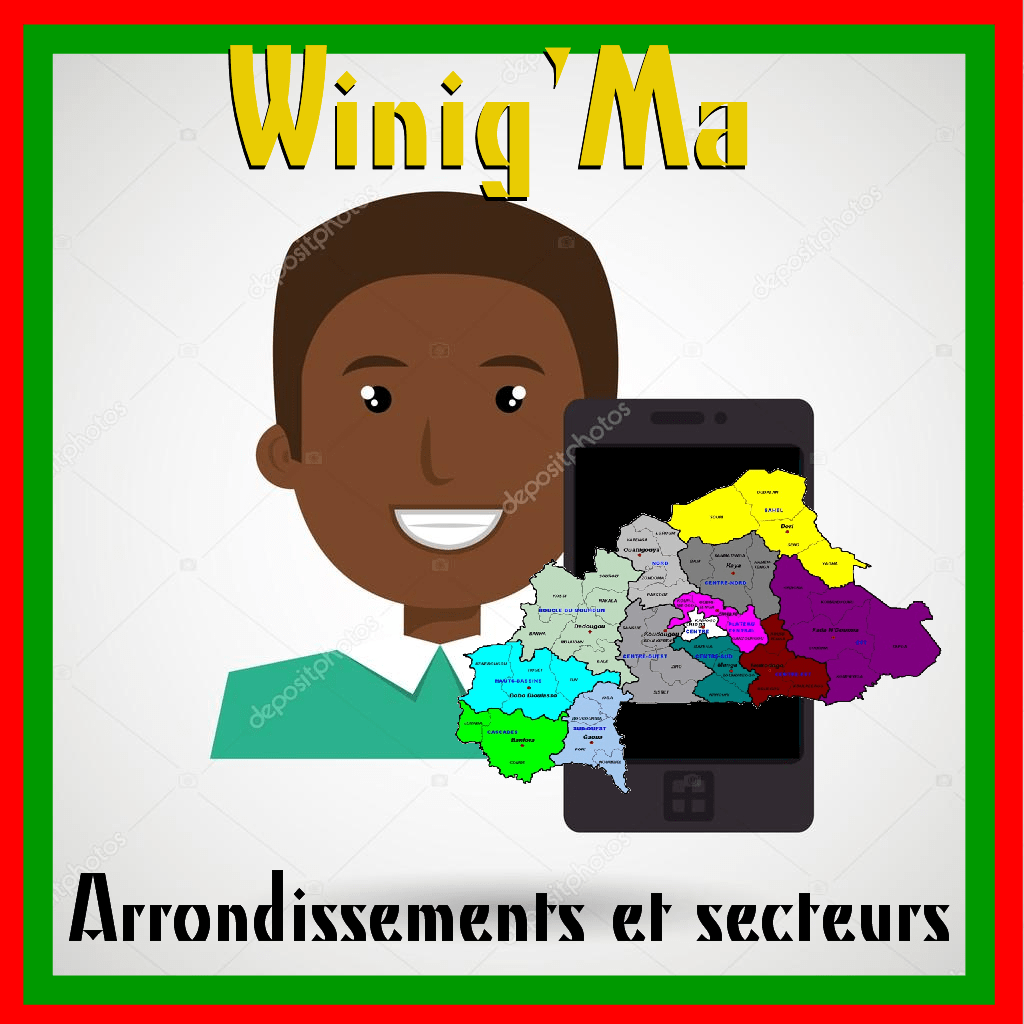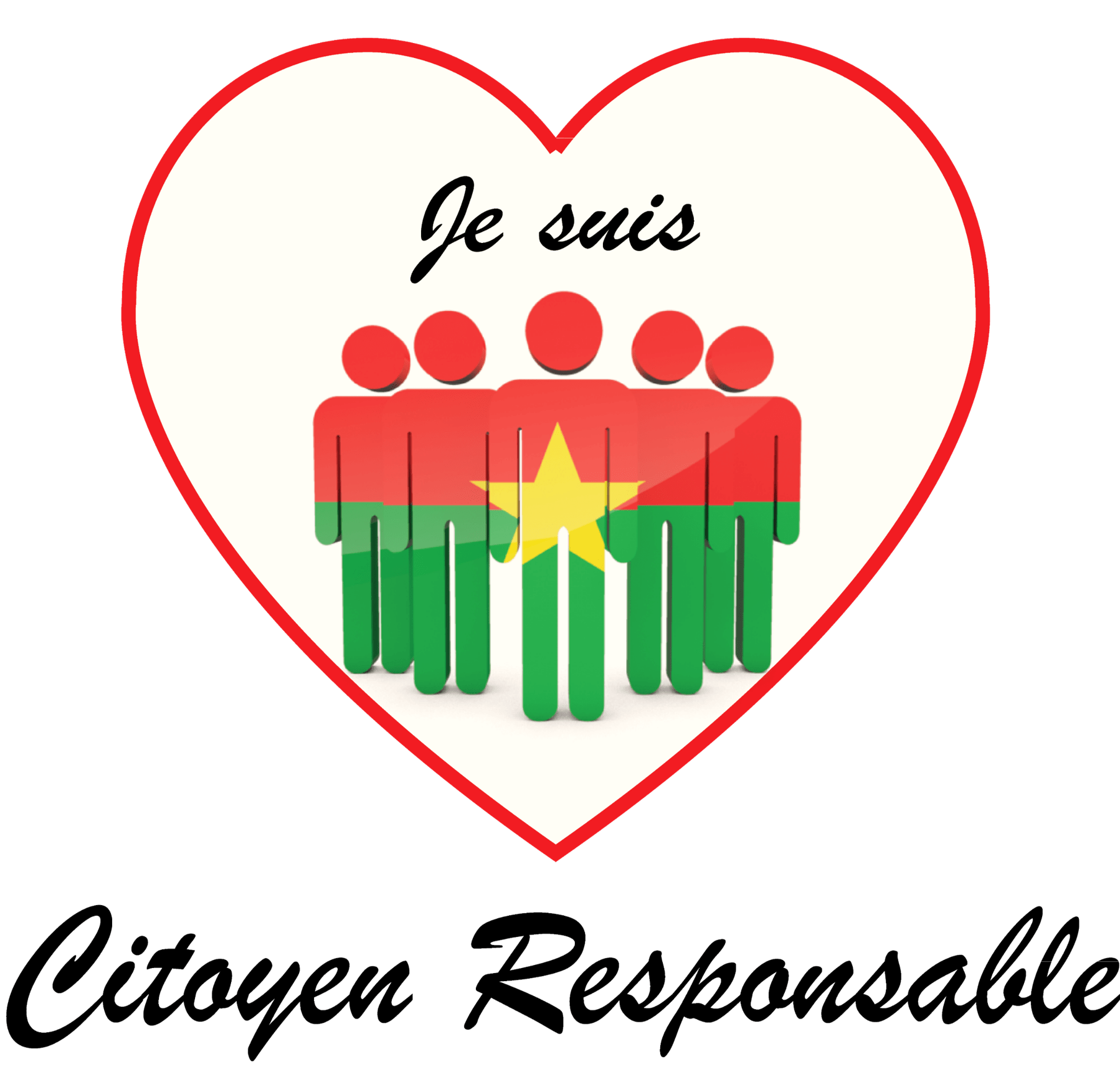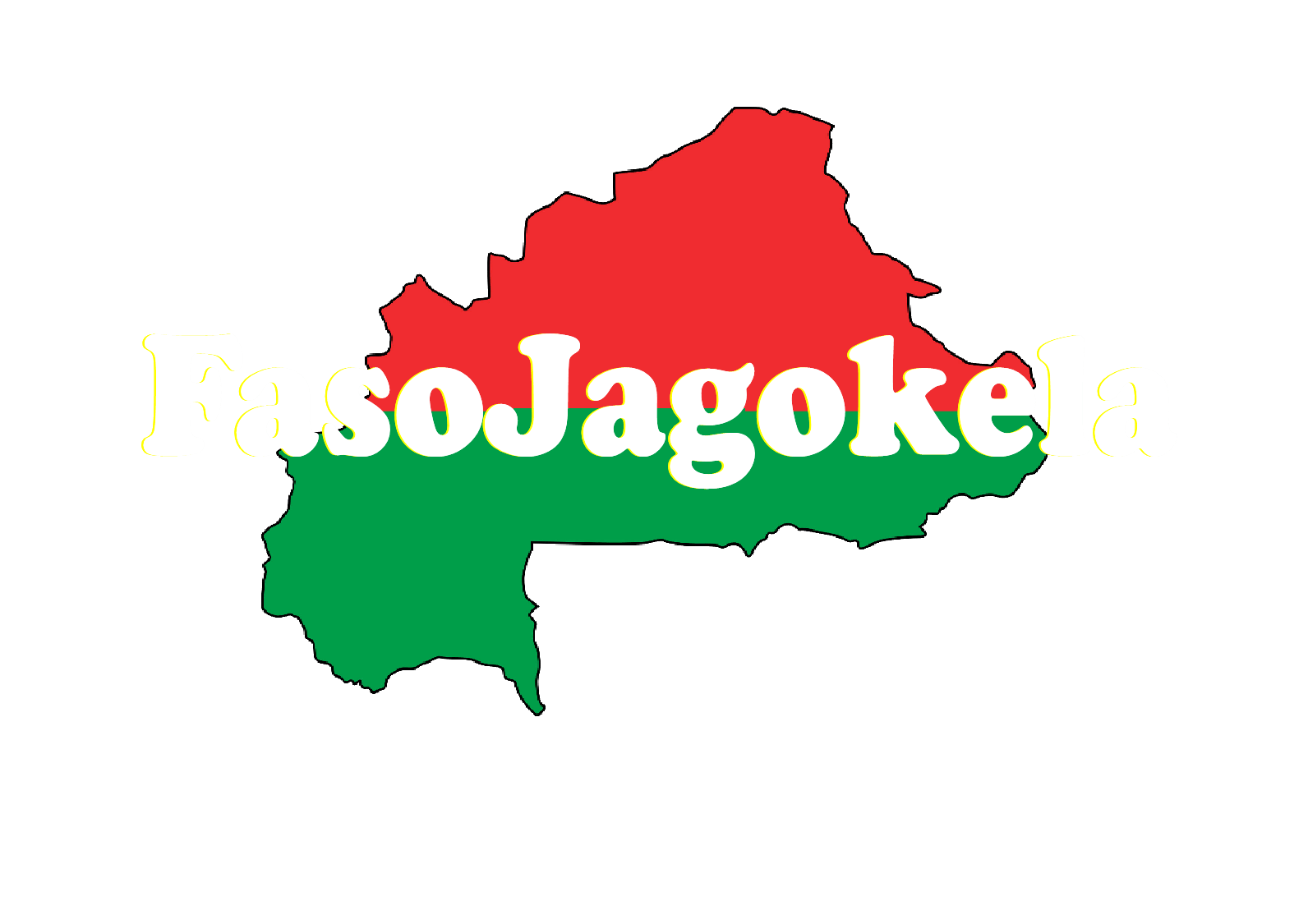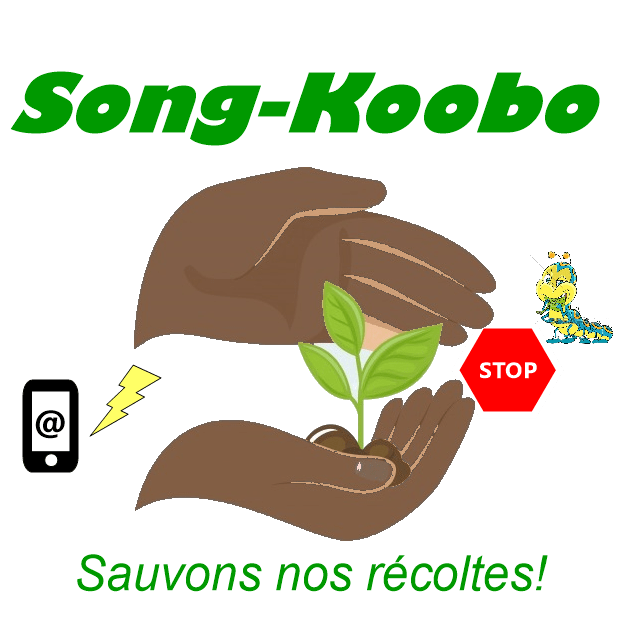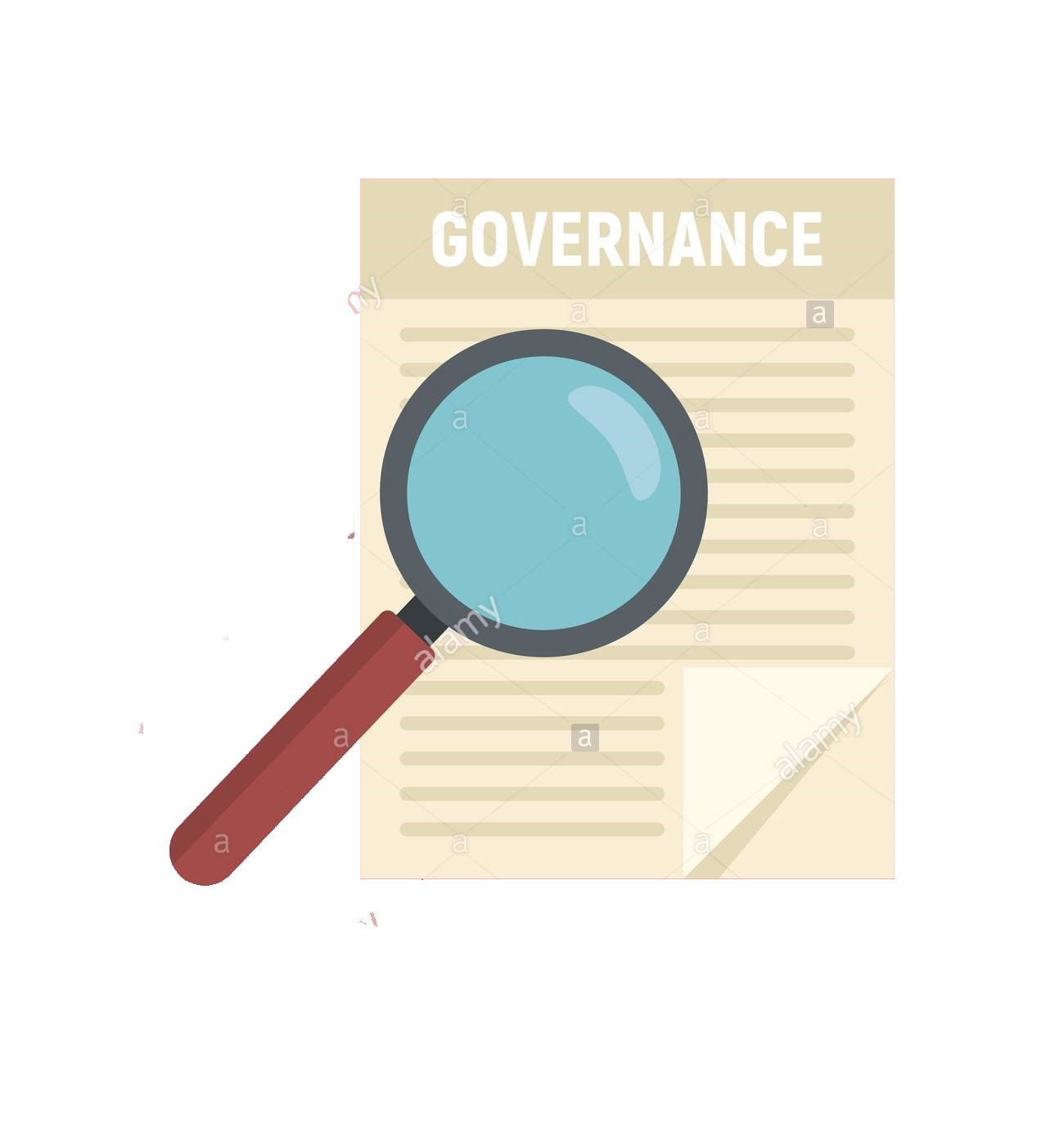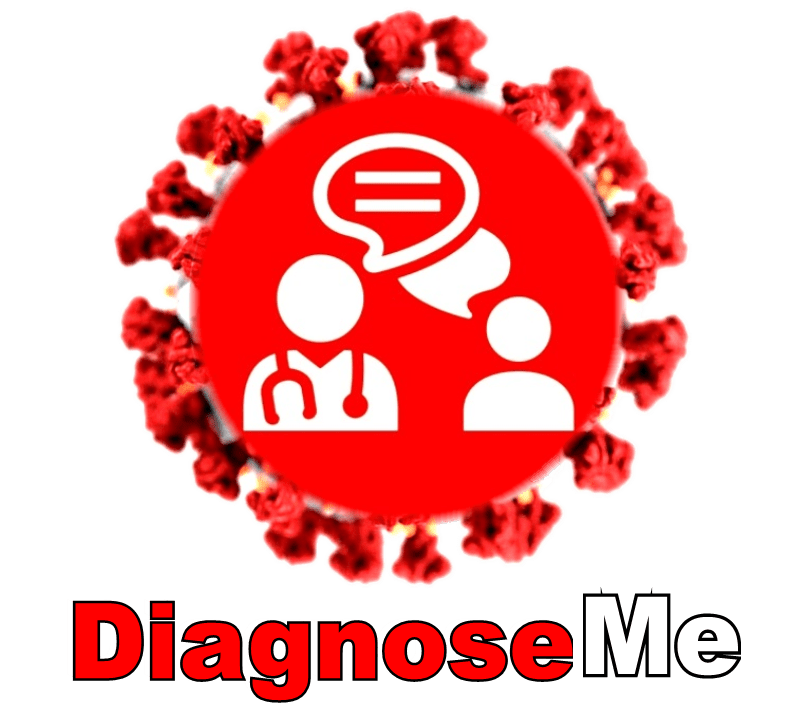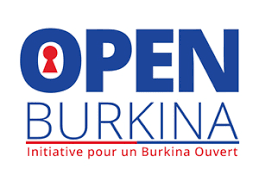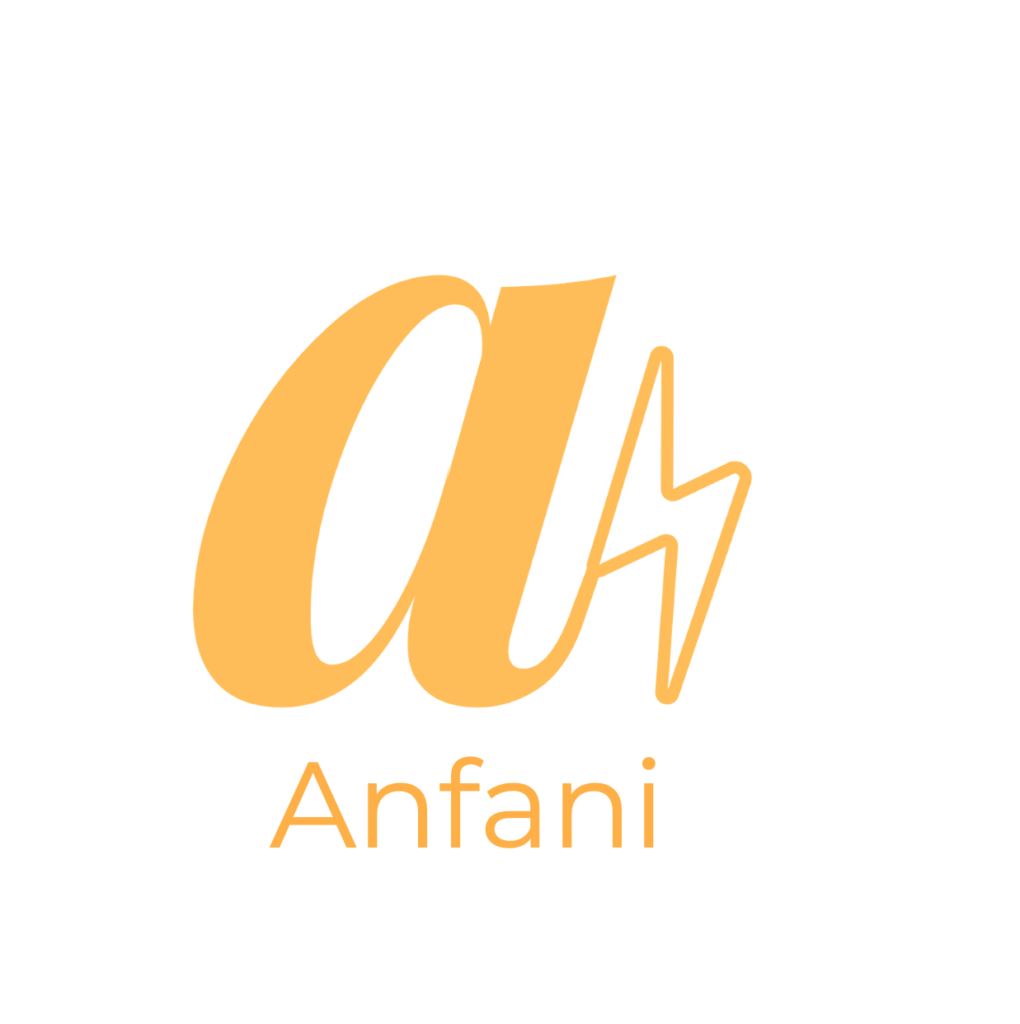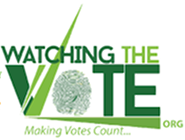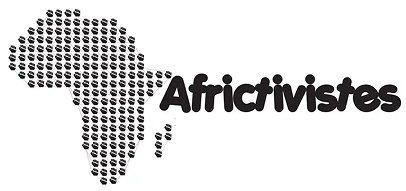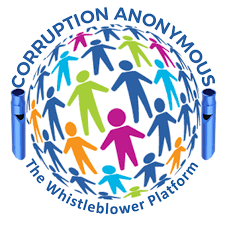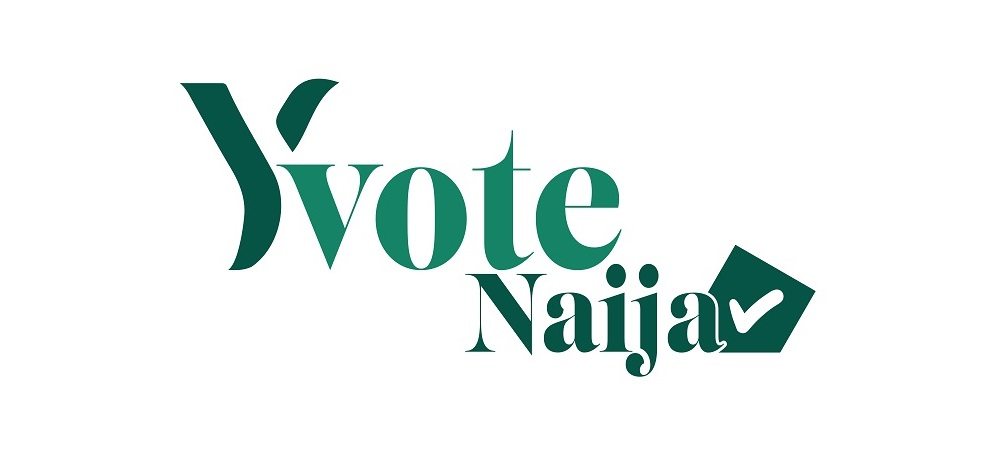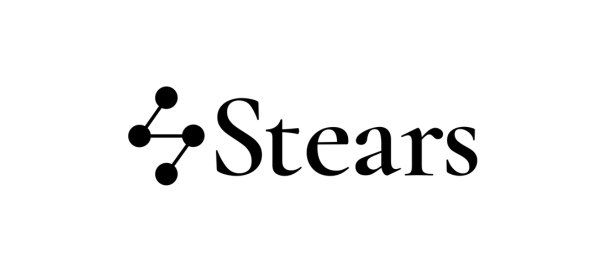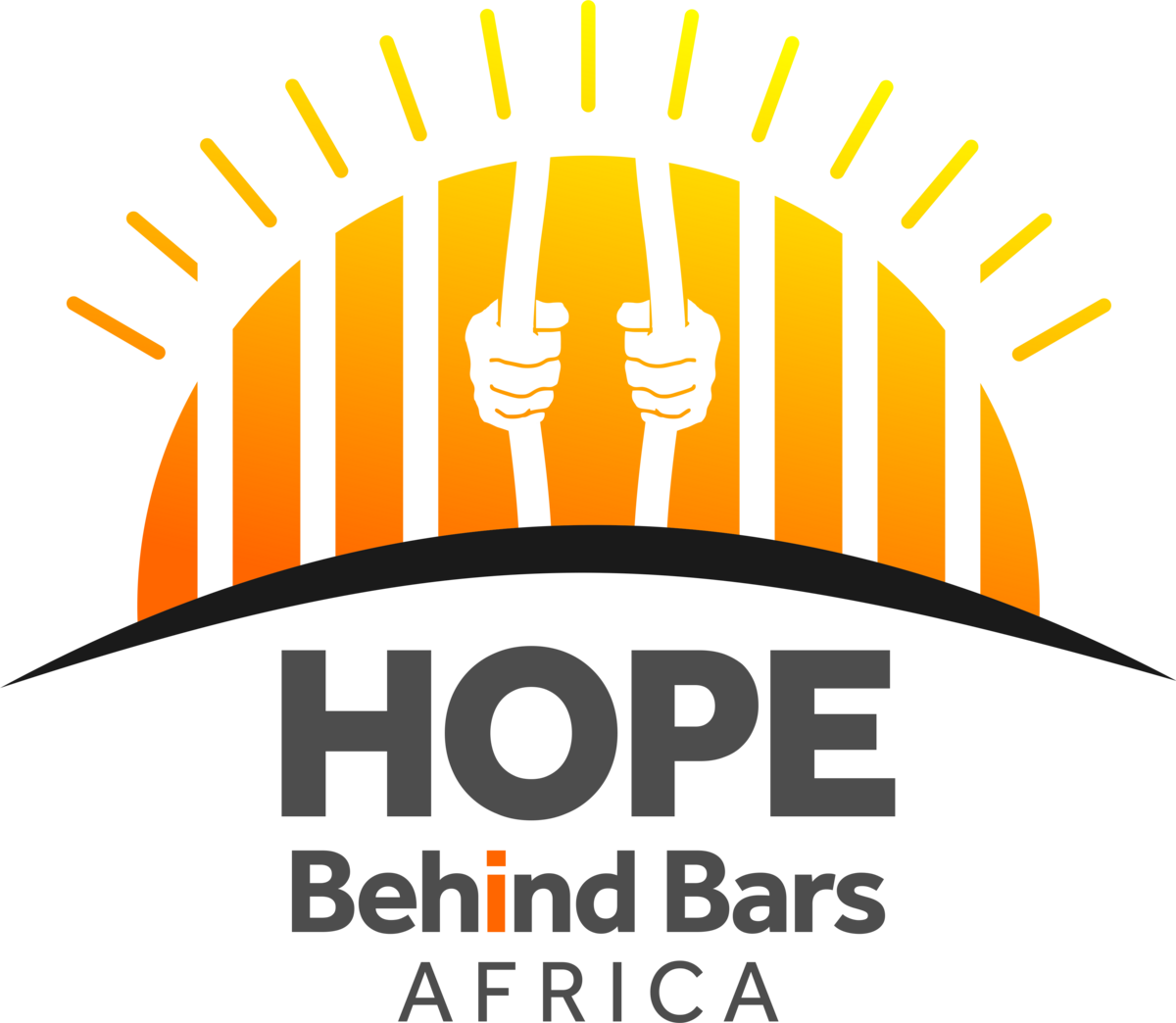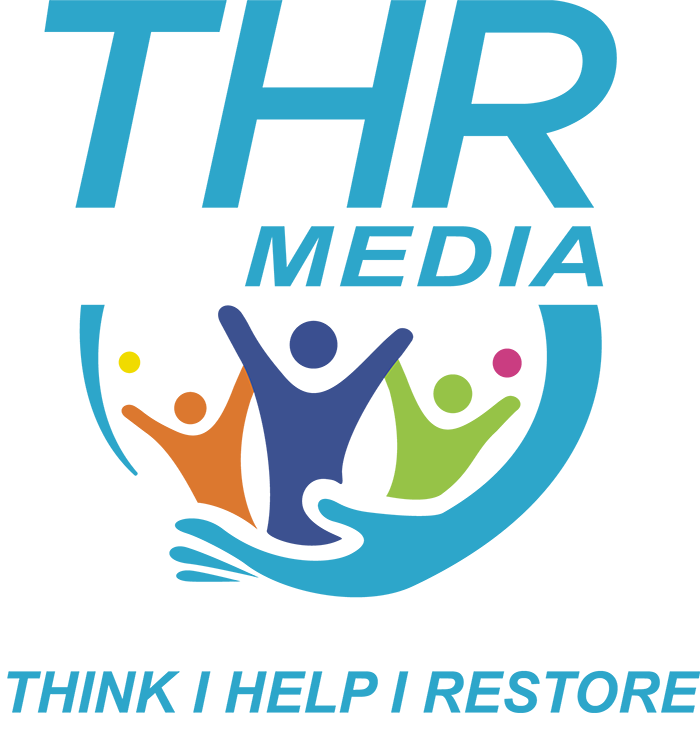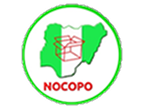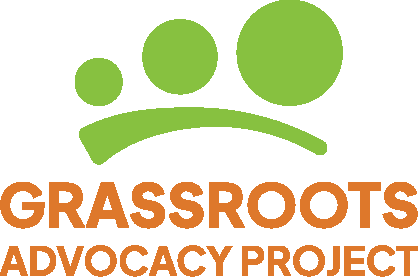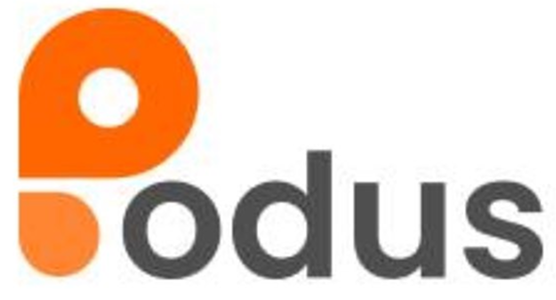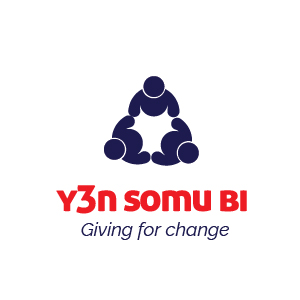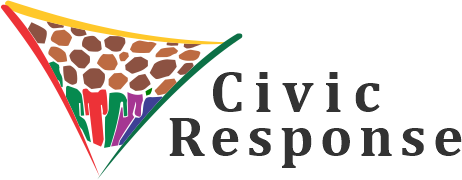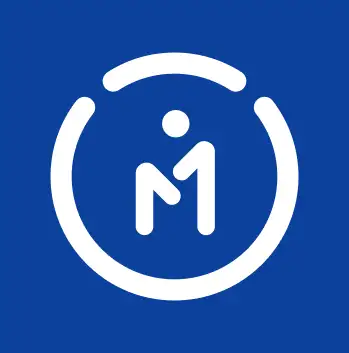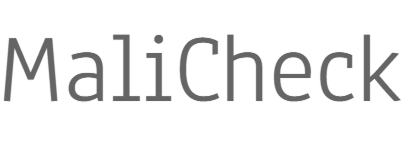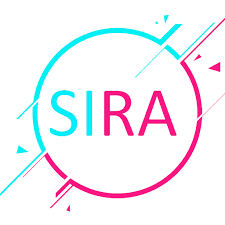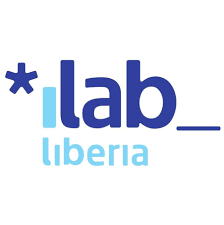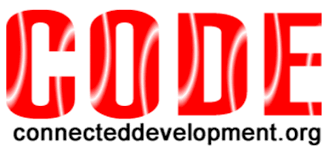In a country where justice often feels like a privilege rather than a right, one teenager’s story has reminded us of the strength of collective voice and digital solidarity. Alabi Quadri, once celebrated as a peaceful symbol of hope, became a victim of a broken system; only to be rescued by the same people who once lifted him up. This is a story of injustice, resilience, and how social media helped turn the tide.
Alabi first came into the national spotlight during Nigeria’s 2023 general elections. A photo of him standing boldly in front of Peter Obi’s convoy went viral, capturing the aspirations of Nigerian youth yearning for new leadership. He became a symbol of peaceful protest and civic courage.

Fast-forward to 2025: Alabi, now a teenager, was arrested and thrown into Kirikiri prison. Accused of armed robbery and linked to a violent street fight in Amukoko, Lagos, he was detained without clear evidence or a fair trial. Once hailed as a national figure, he was forgotten, locked away and denied due process.
Until Twitter remembered…
A hashtag sparked outrage. Human rights lawyer, Inibehe Effiong, took up the case, describing Alabi’s ordeal as a “diabolical frame-up” orchestrated by local thugs who resented his previous public goodwill and financial support. According to Effiong, Alabi was abducted near his home by area boys, falsely accused, and detained with four strangers. Despite being a minor, he was held in adult prison from January 2025.
Social media erupted. Nigerians rallied online, amplifying his story and demanding justice. The pressure worked.
On April 17, 2025, a Magistrate Court in Apapa ordered Alabi’s release. No crime. No case. Just three months of stolen time. But the solidarity didn’t stop there. Within hours, Nigerians raised over ₦3 million to support his education, safety, and a fresh start. Strangers gave what they could, proving that justice doesn’t only live in courtrooms; it also lives in communities.
The Lesson
Social media has become a formidable tool in the pursuit of justice. It empowers everyday citizens to expose wrongdoing, mobilize action, and create meaningful change. Platforms like X (formerly called Twitter), and TikTok give voice to the unheard, amplify truths, and ignite movements.
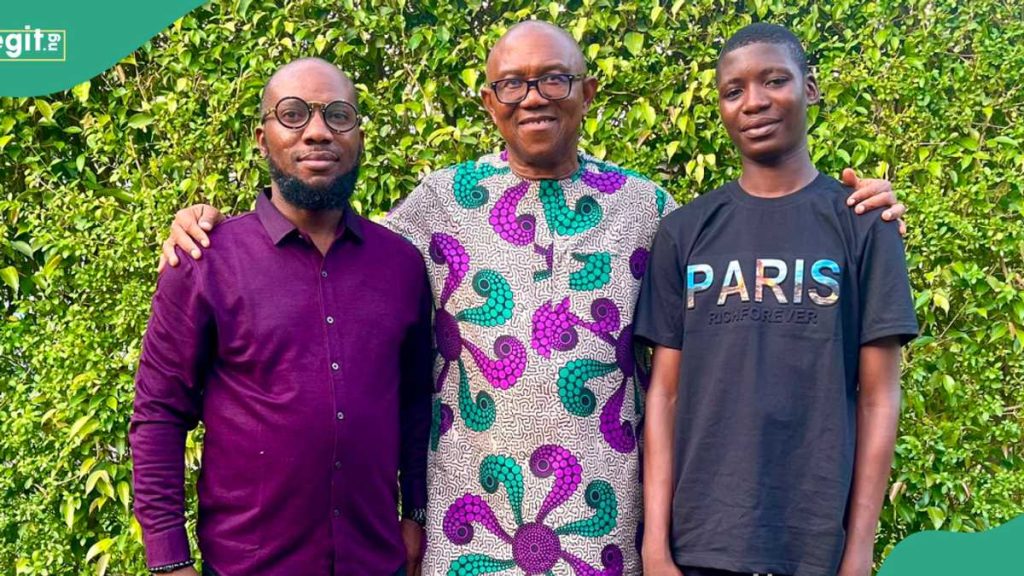
Today, justice is no longer confined to the halls of power—it lives in our hands. Every post, every tweet, every hashtag has the power to shift narratives, spotlight injustice, and bring hope where it’s needed most.
